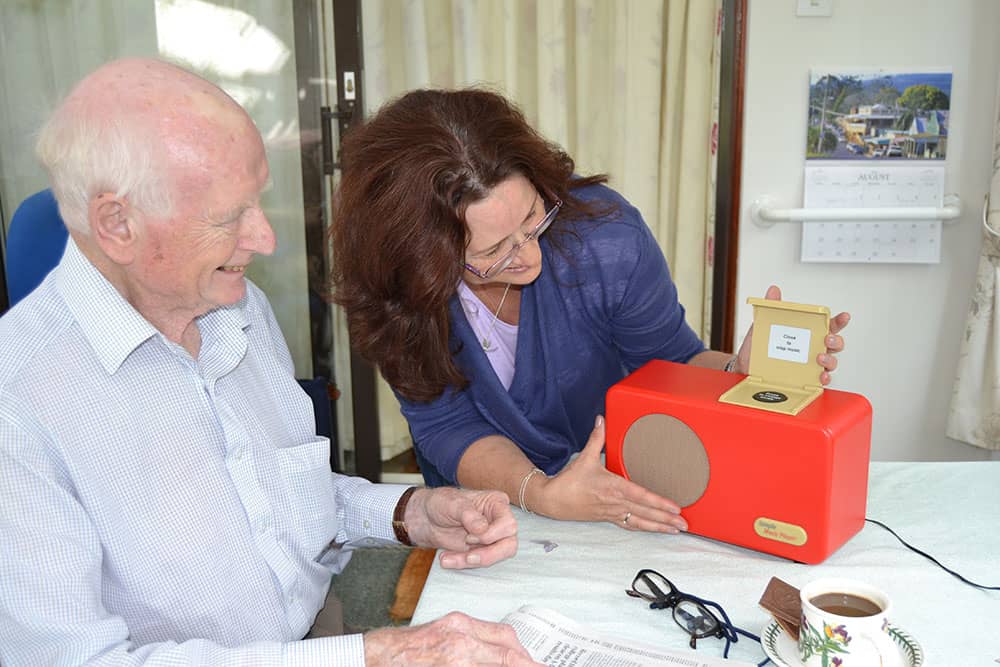Care providers urged to prevent further spread of COVID-19 after spike in new cases

A letter has been issued to all care providers, Local Authority Chief Executives and Directors of Adult Social Care in England, which outlines the different ways in which the care sector can work together to prevent further spread of the coronavirus.
Signed by Stuart Miller on 11 September 2020, Director of Adult Social Care Delivery at the Department of Health and Social Care (DHSC), the letter prompts quick action from care providers to prevent further spread of the virus, as the UK is experiencing a spike in confirmed COVID-19 cases, including across care homes.
The letter reads: “Over the past three days, Public Health England (PHE) has reported an increase in notifications of COVID-19 cases in care homes. Testing data has also shown an increase in the number of positive results. Currently, the infections are mainly affecting the workforce but clearly there is a risk the virus will spread to care home residents, or to other parts of the care sector.
“Unfortunately, in some care homes with recent outbreaks, this does appear to have occurred, with residents also becoming infected.
“I am writing at the earliest opportunity, so we can work in partnership to prevent further spread of the disease. The rapid flow of data and information, to and from care providers, is vital to this effort.”
Regular coronavirus testing and consistent use of personal protective equipment (PPE) are key to stopping the virus in its tracks, Stuart notes. To support the care sector during the pandemic, the letter outlines guidance to care providers on testing, PPE and infection prevention control practices.
In addition, the letter proceeds to thank care providers for their exceptional efforts in the fight against the coronavirus pandemic, with their input to the capacity tracker, domiciliary care tracker and regular testing ensuring the health and social care sector is in a good position to tackle upcoming winter pressures.
“We will shortly publish our Adult Social Care Winter Plan, following the excellent work of the Adult Social Care COVID-19 Taskforce,” the letter states. “The plan will set out the support and resources we will make available nationally, as well as describing the actions for local areas.”
Testing
Care providers are reminded of the importance of testing in care homes, as knowing where the virus is, means the sector can take steps to prevent transmission.
The letter recommends that all care home staff, including those without symptoms, are tested every week in order to detect and prevent viral transmission to and from the community.
Recognising that the rollout of the repeat testing programme was delayed, the letter goes on to confirm that tests have now been delivered to all care homes for older people who registered for regular testing and the portal is now also open for care homes for working-age adults to register for repeat testing.
DHSC confirms that there is no significant backlog for regular test kits presently and that test kits can be sent out within several days of orders being placed. The letter further encourages care homes to register for repeat testing.
In addition, the letter underlines that there is now a new process for prioritising care home tests in laboratories to increase turnaround times.
In the instance of a new COVID-19 outbreak in a care home, care providers are advised to immediately contact their local Health Protection Team (HPT). The HPT will support a public health risk assessment and enable urgent whole home testing through Pillar 1 if an outbreak is suspected.
“Any member of social care staff who develops symptoms should immediately self-isolate and order a test,” the letter advises. “Adult social care staff are on the list of essential workers prioritised for testing if they have symptoms. Please refer any staff for testing if they are self-isolating because either they or member(s) of their household have coronavirus symptoms and share testing guidance with them.”
PPE
While tests will identify COVID-19, it is possible that staff or residents could become infected prior to the virus being detected. It is also possible that a test can return a false negative result, DHSC adds, for example, if the amount of virus present is too small to be detected or a member of staff may become COVID-positive in between weekly tests.
For these reasons, the correct and consistent use of PPE is very important, the letter emphasises. Care providers are urged to follow Public Health England (PHE) guidance on using PPE for all care settings, care homes and domiciliary care.
Winter
To finish the letter, DHSC reminds care providers that this winter will place unique pressures on the health and care system. COVID-19 will be cocirculating with seasonal flu and other viruses, and transmission may increase over the winter period.
DHSC reassures care providers that it will work closely with them to ensure the care sector is prepared for additional pressures.

